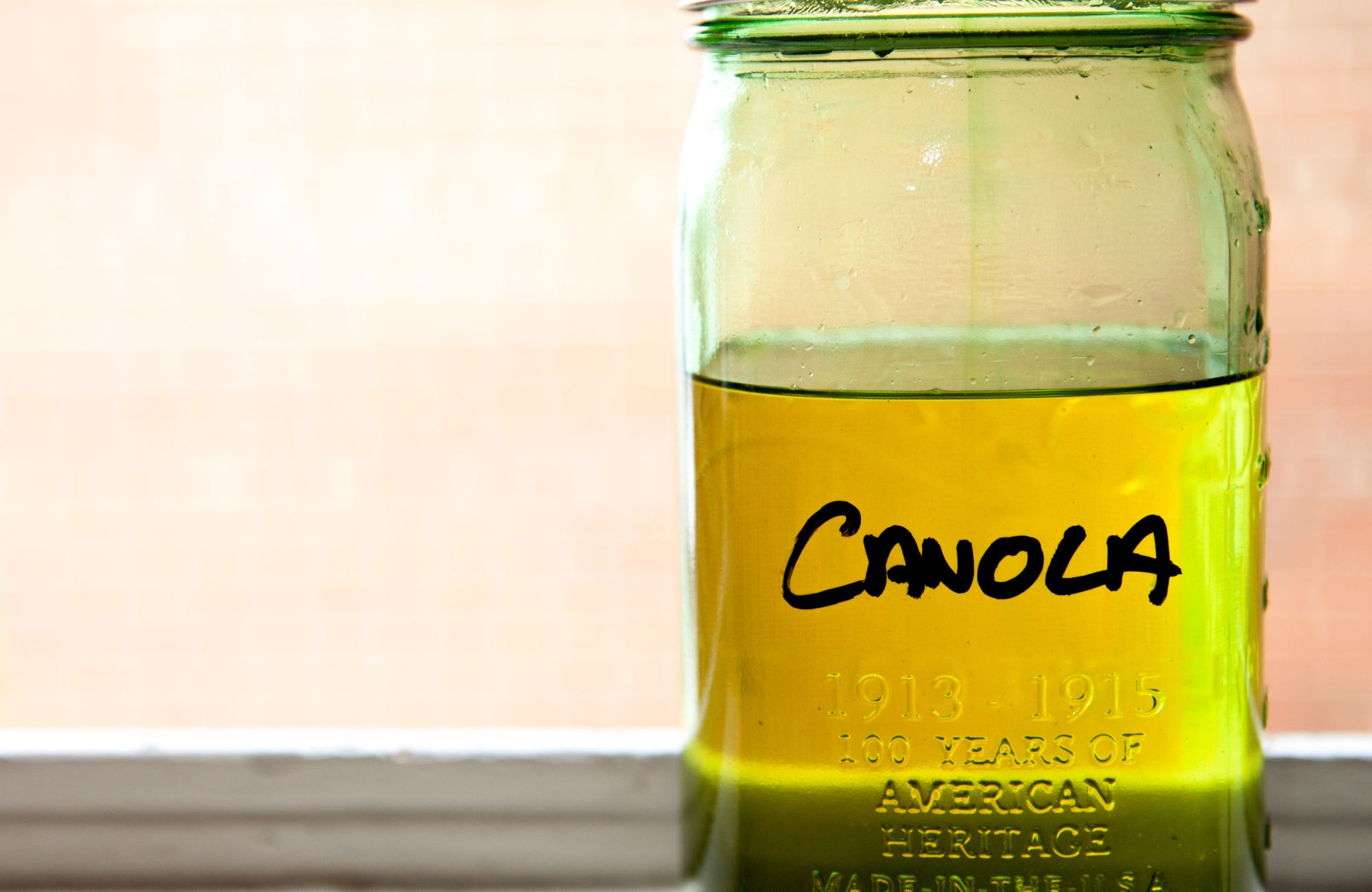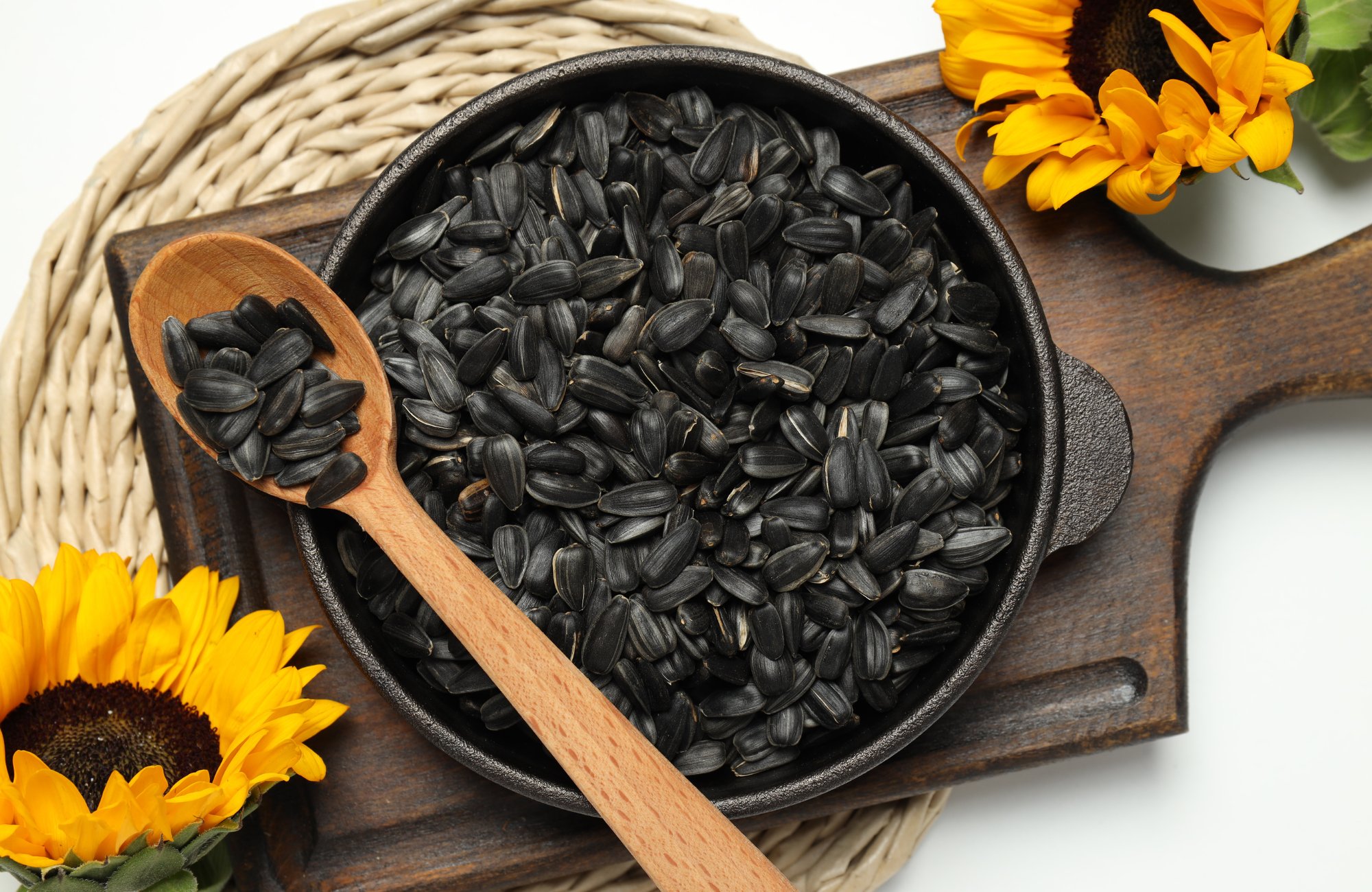
Is Canola Oil Gluten-Free? The Complete Guide
Have you ever stood in the grocery store aisle, staring at a bottle of canola oil, wondering if it’s safe for your gluten-free lifestyle? You’re not alone. With gluten lurking in unexpected places, it’s natural to question even seemingly simple products like cooking oils. The good news is that pure canola oil is naturally gluten-free and safe for people with celiac disease, gluten sensitivity, or those following a gluten-free diet for other health reasons. But as with many food items, there are some important factors to consider beyond this simple answer.
In this comprehensive guide, we’ll explore everything you need to know about canola oil and its gluten-free status, helping you make informed choices for your kitchen and health.
What is Canola Oil?
Canola oil is a vegetable oil made from the seeds of the canola plant, a variety of rapeseed developed by Canadian scientists in the 1970s. It was specifically bred to remove harmful compounds like erucic acid and glucosinolates, making it safe for human consumption. The name “canola” blends “Canada” and “ola,” meaning oil.
Today, canola is a major global oilseed crop. Its oil is commonly used in cooking, baking, and food production. Most US canola crops are genetically modified to enhance quality and herbicide resistance, but this doesn’t affect its gluten-free status.
Canola Oil Manufacturing Process
Understanding how canola oil is produced helps clarify why it’s naturally gluten-free. The manufacturing process involves several stages:
- Cleaning: Harvested canola seeds are thoroughly cleaned to remove stems, pods, weed seeds, and other materials.
- Heating and Flaking: The seeds are gently heated to prevent shattering, then passed through rollers to rupture the cell walls and create thin flakes.
- Cooking: The flakes move through a series of cookers or heating drums to achieve the correct viscosity and moisture levels for oil extraction.
- Pressing: Heated flakes progress through expellers or pressers to remove most of the oil, with the remaining seed compressed into a solid cake.
- Extraction: Any remaining oil is extracted from the pressed cakes using a solvent called hexane, which is then recycled.
- Refining and Processing: The crude oil undergoes refining to improve flavor, color, and shelf life. This includes removing gums, fatty acids, fine meal particles, and lipids using water and organic acids.
At no point in this standard manufacturing process are wheat, barley, rye, or other gluten-containing ingredients introduced. The entire process deals exclusively with the canola plant, which is botanically unrelated to gluten-containing grains.
Understanding Gluten Concerns
Before exploring whether canola oil contains gluten, it is important to understand what gluten is and why it matters. Gluten is a group of proteins found in wheat, barley, and rye. While it is harmless for most people, it can cause serious health issues for those with celiac disease, non-celiac gluten sensitivity, or wheat allergies.
For these individuals, avoiding gluten is essential. This includes not only obvious sources like bread and pasta but also hidden gluten in processed foods, condiments, and some medications. Even small amounts can trigger symptoms, so careful label reading is crucial.
Is Canola Oil Gluten Free?
Yes, pure canola oil is naturally gluten-free. It comes from the canola plant, which is unrelated to gluten-containing grains like wheat, barley, and rye. Since gluten proteins are not fat-soluble, they do not carry over into the oil during extraction.
Even if cross-contact were to occur during farming, the oil refining process separates fats from proteins, eliminating gluten. Both the Canola Council of Canada and the Celiac Disease Foundation confirm that pure canola oil is safe for people with celiac disease or gluten sensitivity.
Potential Cross-Contamination Concerns
While pure canola oil is naturally gluten-free, cross-contamination can happen during manufacturing, especially in facilities that also process gluten-containing products. This can occur through shared equipment, insufficient cleaning, airborne particles, or additives that contain gluten.
That said, the risk of significant gluten contamination in commercial canola oil is very low. The refining process removes proteins, including any traces of gluten. Still, individuals with severe celiac disease or high sensitivity may prefer certified gluten-free canola oil for added peace of mind.
Canola Oil Products and Gluten Status
Not all canola oil products are created equal when it comes to gluten-free status:
- Pure Canola Oil: Naturally gluten-free with minimal risk of contamination.
- Flavored Canola Oils: May contain additives that include gluten, especially if they have malt-derived flavorings.
- Canola Oil Cooking Sprays: Often contain additional ingredients beyond pure oil, such as lecithin, propellants, or anti-foaming agents. While these are typically gluten-free, it’s important to check labels.
- Canola Oil Blends: Mixtures of canola and other oils should be scrutinized for potential gluten-containing additives.
The processing method doesn’t significantly impact gluten status:
- Conventional vs. Organic: Both are gluten-free if pure.
- GMO vs. Non-GMO: Genetic modification affects pest resistance and yield, not gluten content.
- Cold-pressed vs. Refined: Both extraction methods produce gluten-free oil when pure.
Gluten-Free Certification and Labeling
For individuals with celiac disease or severe gluten sensitivity, choosing certified gluten-free canola oil provides added peace of mind. Trusted certification programs like GFCO, GFCP, and the National Celiac Association ensure products meet strict standards, often containing less than 10 to 20 parts per million of gluten, which is more rigorous than the FDA’s threshold.
When checking labels, look for gluten-free certification symbols, allergen statements (even though gluten is not a top 8 allergen), and simple ingredient lists that state only “canola oil” with no additives. Keep in mind that “naturally gluten-free” means no gluten ingredients are used, while “certified gluten-free” means the product has been tested and verified to meet safety standards.
Canola Oil Nutritional Profile
Canola oil is a healthy choice for gluten-free diets thanks to its balanced nutrition. One tablespoon (14g) contains about 124 calories and 14g of fat, including just 1g of saturated fat. It’s rich in heart-healthy fats, around 9g of monounsaturated fat and 4g of polyunsaturated fat.
It also provides vitamin E (16% of your daily value) and vitamin K (9%). With low saturated fat, a good amount of omega-3s, and moderate omega-6s, canola oil is considered one of the better cooking oils for overall health.
Using Canola Oil in Gluten-Free Cooking
Canola oil is versatile in gluten-free cooking due to its neutral flavor and high smoke point (400°F/204°C). Here are the best ways to use it:
- Baking: The mild flavor of canola oil makes it perfect for gluten-free baked goods, which often need additional moisture. It can replace butter in most recipes at a ratio of 3/4 cup oil for every 1 cup of butter.
- Frying: The high smoke point makes canola oil ideal for high-heat cooking methods like stir-frying, sautéing, and deep-frying gluten-free foods.
- Salad Dressings: Canola oil’s light flavor doesn’t overpower other ingredients, making it a good base for homemade gluten-free dressings.
- Marinades: Use canola oil as the fat component in gluten-free marinades for meats and vegetables.
Tips for Gluten-Free Cooking with Canola Oil:
- Store in a cool, dark place to prevent rancidity
- Don’t reuse oil that’s been used to fry gluten-containing foods if you’re cooking for someone with celiac disease
- For best results in gluten-free baking, combine canola oil with other natural ingredients like applesauce for moisture retention
Alternative Gluten-Free Cooking Oils
While canola oil is an excellent gluten-free option, there are several alternatives worth considering:
| Oil Type | Gluten-Free? | Smoke Point | Best For | Flavor |
|---|---|---|---|---|
| Olive Oil | Naturally gluten-free | 375–470°F | Sautéing, dressings | Fruity, peppery |
| Coconut Oil | Naturally gluten-free | 350°F | Baking, medium-heat cooking | Sweet, coconut flavor |
| Avocado Oil | Naturally gluten-free | 520°F | High-heat cooking, frying | Mild, slightly nutty |
| Sunflower Oil | Naturally gluten-free | 450°F | Frying, sautéing | Neutral |
| Grapeseed Oil | Naturally gluten-free | 420°F | All-purpose | Very neutral |
When choosing between canola oil and alternatives, consider:
- Flavor: Will the oil’s taste complement or compete with your dish?
- Cooking method: Will you be using high heat?
- Nutritional needs: Are you looking for specific fatty acid profiles?
- Cost: Some specialty oils can be significantly more expensive than canola oil
The oil to avoid if you’re gluten-free is wheat germ oil, which is derived from wheat and may contain gluten proteins.
Conclusion
Canola oil is a naturally free of gluten cooking oil that works well in a gluten-free diet. Like most cooking oils, pure canola oil does not contain gluten and is safe for those with celiac disease or gluten sensitivity. Its light taste, high smoke point, and healthy fat profile make it a reliable option for everyday meals. While the risk of gluten cross-contact is low, choosing certified gluten-free products adds extra reassurance for those with severe sensitivities.
At US Sweeteners, we are committed to helping you make safe and informed choices in the kitchen. Whether you are shopping for gluten-free ingredients or healthier cooking oils, our team is here to support your needs. Have questions or need product recommendations? Contact us today and let us help you find the right options for your gluten-free lifestyle.
FAQs
Is canola oil OK for gluten-free?
Yes, pure canola oil is naturally gluten-free and safe for people with celiac disease or gluten sensitivity since it’s derived from the canola plant, which is botanically unrelated to gluten-containing grains.
Which oils are not gluten-free?
Wheat germ oil is the primary oil that contains gluten, while flavored oils may contain gluten-based additives, and any oil processed in facilities that handle wheat products could potentially have cross-contamination.
Is canola oil made from wheat?
No, it is made from the seeds of the canola plant (Brassica napus), which is related to cabbage and broccoli, not wheat or other gluten-containing grains.
Can celiacs use olive oil?
Yes, pure olive oil is naturally gluten-free and safe for people with celiac disease, as it’s extracted from olives, which have no relation to wheat, barley, or rye.



Leave a Reply